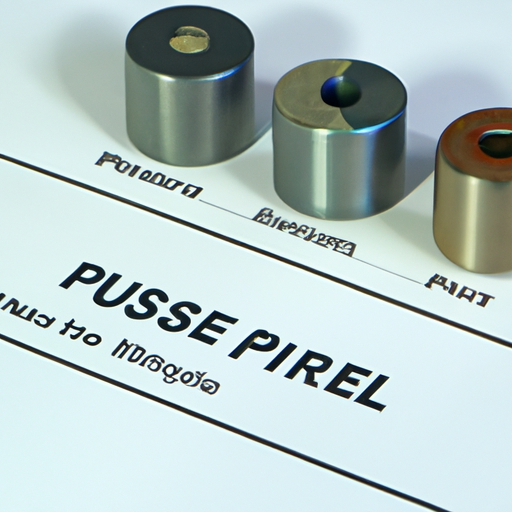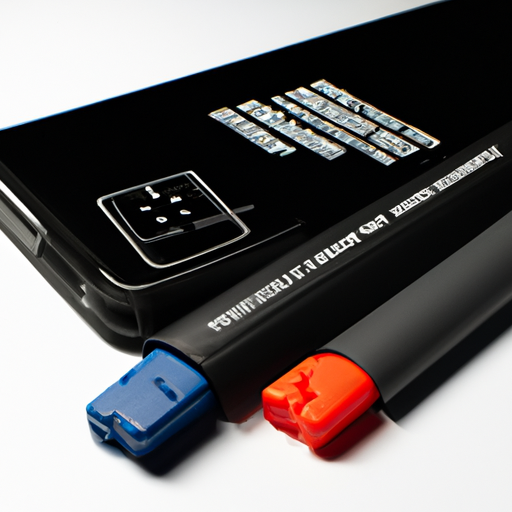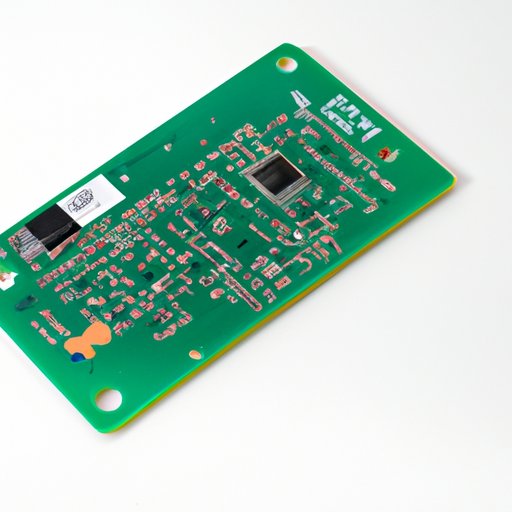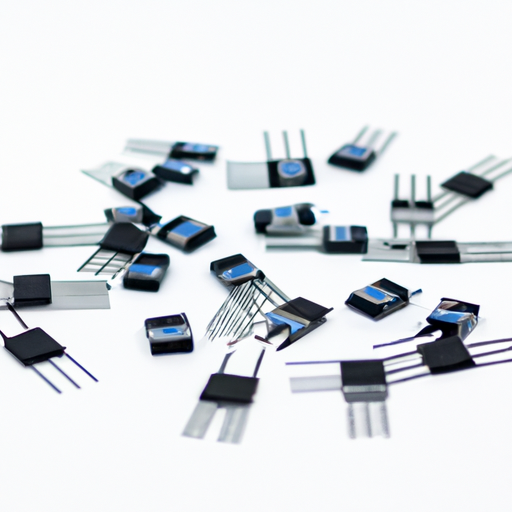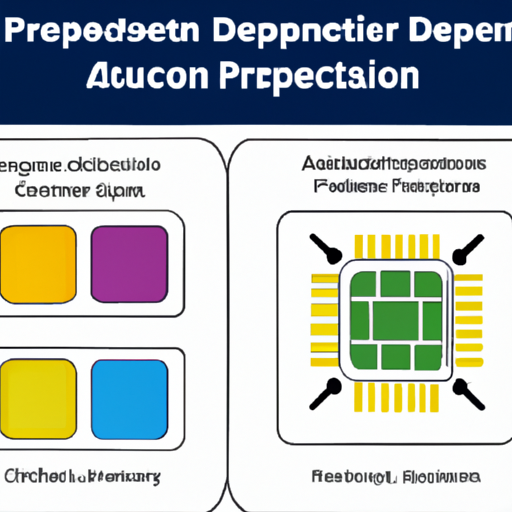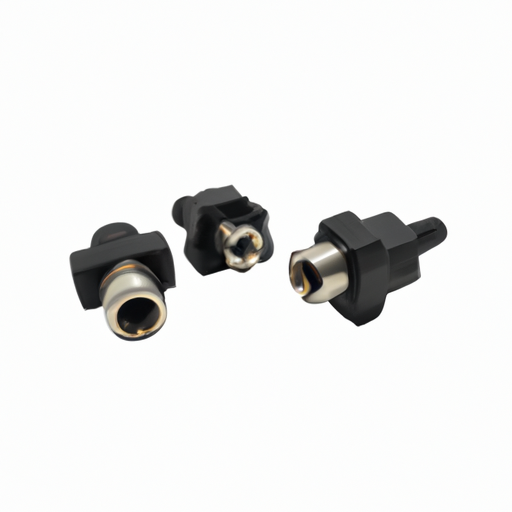Important Product Categories of Pulse Capacitors
I. Introduction
A. Definition of Pulse Capacitors
Pulse capacitors are specialized capacitors designed to handle high-energy pulses of electricity. Unlike standard capacitors, which are typically used for smoothing and filtering applications, pulse capacitors are engineered to discharge energy rapidly and withstand high voltage levels. This unique capability makes them essential components in various high-performance applications, from industrial machinery to consumer electronics.
B. Importance of Pulse Capacitors in Various Applications
The significance of pulse capacitors cannot be overstated. They play a crucial role in applications that require quick bursts of energy, such as in power electronics, medical devices, and renewable energy systems. Their ability to deliver high energy density and fast discharge rates makes them indispensable in modern technology, where efficiency and reliability are paramount.
C. Overview of the Article Structure
This article will delve into the different product categories of pulse capacitors, exploring their characteristics, applications, and the future trends shaping this technology. We will cover film capacitors, ceramic capacitors, electrolytic capacitors, tantalum capacitors, supercapacitors, and specialized pulse capacitors, providing a comprehensive understanding of their roles in various industries.
II. Understanding Pulse Capacitors
A. Basic Principles of Capacitors
1. Definition and Functionality
Capacitors are electronic components that store and release electrical energy. They consist of two conductive plates separated by an insulating material, known as a dielectric. When voltage is applied, an electric field forms between the plates, allowing the capacitor to store energy. When the circuit requires it, the capacitor can discharge this energy rapidly.
2. Types of Capacitors
There are several types of capacitors, each designed for specific applications. Common types include ceramic, electrolytic, tantalum, film, and supercapacitors. Each type has unique characteristics that make it suitable for different uses, particularly in high-energy pulse applications.
B. Characteristics of Pulse Capacitors
1. High Energy Density
Pulse capacitors are designed to store a significant amount of energy in a compact form. This high energy density is crucial for applications that require a quick release of energy, such as in pulsed power systems.
2. Fast Discharge Rates
One of the defining features of pulse capacitors is their ability to discharge energy rapidly. This characteristic is essential in applications like laser systems and medical devices, where quick bursts of energy are necessary.
3. Voltage Ratings
Pulse capacitors are available in various voltage ratings, allowing them to be used in high-voltage applications. Selecting the appropriate voltage rating is critical to ensure the capacitor can handle the demands of the specific application.
4. Temperature Stability
Temperature stability is another important characteristic of pulse capacitors. They must maintain performance across a range of temperatures, especially in environments where temperature fluctuations are common.
III. Key Product Categories of Pulse Capacitors
A. Film Capacitors
1. Description and Composition
Film capacitors are made from thin plastic films as the dielectric material. They are known for their stability, low self-inductance, and excellent performance in high-frequency applications.
2. Applications in Power Electronics
Film capacitors are widely used in power electronics, including inverters, converters, and motor drives. Their ability to handle high voltages and currents makes them ideal for these applications.
3. Advantages and Limitations
The advantages of film capacitors include their long lifespan, low loss, and high reliability. However, they can be bulkier than other types of capacitors, which may limit their use in compact designs.
B. Ceramic Capacitors
1. Types of Ceramic Capacitors
Ceramic capacitors come in various types, including Class 1 (temperature stable) and Class 2 (high capacitance). Each type has its specific applications based on its characteristics.
2. Applications in RF and Microwave Technologies
Ceramic capacitors are commonly used in RF and microwave technologies due to their low loss and high-frequency performance. They are essential in applications like oscillators, filters, and amplifiers.
3. Benefits and Drawbacks
The benefits of ceramic capacitors include their small size and high capacitance values. However, they can be sensitive to voltage and temperature changes, which may affect their performance in certain applications.
C. Electrolytic Capacitors
1. Overview of Electrolytic Capacitors
Electrolytic capacitors are polarized capacitors that use an electrolyte as one of their plates. They are known for their high capacitance values and are commonly used in power supply applications.
2. Use in High-Power Applications
Electrolytic capacitors are often found in high-power applications, such as power supplies and energy storage systems. Their ability to store large amounts of energy makes them suitable for these uses.
3. Pros and Cons
While electrolytic capacitors offer high capacitance and energy storage capabilities, they have limitations, including a shorter lifespan and sensitivity to temperature and voltage.
D. Tantalum Capacitors
1. Characteristics of Tantalum Capacitors
Tantalum capacitors are known for their high capacitance and voltage ratings. They are made from tantalum metal and are often used in applications requiring reliability and stability.
2. Applications in Aerospace and Military
Tantalum capacitors are commonly used in aerospace and military applications due to their robustness and ability to withstand harsh environments. They are critical in systems where failure is not an option.
3. Advantages and Disadvantages
The advantages of tantalum capacitors include their small size and high reliability. However, they can be more expensive than other types of capacitors, which may limit their use in cost-sensitive applications.
E. Supercapacitors
1. Definition and Functionality
Supercapacitors, also known as ultracapacitors, are energy storage devices that bridge the gap between traditional capacitors and batteries. They can store large amounts of energy and discharge it quickly.
2. Applications in Energy Storage Systems
Supercapacitors are increasingly used in energy storage systems, including renewable energy applications, electric vehicles, and backup power systems. Their ability to charge and discharge rapidly makes them ideal for these uses.
3. Benefits and Limitations
The benefits of supercapacitors include their long cycle life and high power density. However, they typically have lower energy density compared to batteries, which may limit their use in certain applications.
IV. Specialized Pulse Capacitors
A. High-Voltage Pulse Capacitors
1. Applications in Medical Equipment
High-voltage pulse capacitors are essential in medical equipment, such as defibrillators and MRI machines, where precise energy delivery is critical for patient safety and device performance.
2. Importance in High-Voltage Systems
These capacitors are designed to handle high-voltage applications, ensuring reliability and safety in systems that operate under extreme conditions.
B. Low-ESR Capacitors
1. Definition and Importance
Low Equivalent Series Resistance (ESR) capacitors are designed to minimize energy loss during operation. They are crucial in high-frequency circuits where efficiency is paramount.
2. Applications in High-Frequency Circuits
Low-ESR capacitors are commonly used in applications like RF amplifiers and switching power supplies, where high efficiency and performance are required.
C. Custom Pulse Capacitors
1. Tailored Solutions for Specific Applications
Custom pulse capacitors are designed to meet the unique requirements of specific applications. Manufacturers can tailor the specifications, including capacitance, voltage rating, and size, to fit the needs of the customer.
2. Importance of Customization in Industry
Customization is increasingly important in industries where standard components may not meet the specific demands of advanced technologies. Custom pulse capacitors ensure optimal performance and reliability in these applications.
V. Applications of Pulse Capacitors
A. Industrial Applications
1. Power Supply Systems
Pulse capacitors are widely used in industrial power supply systems, where they help stabilize voltage and improve energy efficiency.
2. Motor Drives
In motor drives, pulse capacitors provide the necessary energy bursts to start and control electric motors, enhancing performance and reliability.
B. Consumer Electronics
1. Audio Equipment
Pulse capacitors are essential in audio equipment, where they help deliver high-quality sound by providing quick bursts of energy to amplifiers.
2. Power Amplifiers
In power amplifiers, pulse capacitors ensure that the necessary energy is available for peak performance, improving overall sound quality.
C. Automotive Industry
1. Electric Vehicles
Pulse capacitors play a critical role in electric vehicles, providing the necessary energy for acceleration and regenerative braking systems.
2. Advanced Driver Assistance Systems (ADAS)
In ADAS, pulse capacitors help power sensors and control systems, enhancing safety and performance in modern vehicles.
D. Renewable Energy Systems
1. Solar Inverters
Pulse capacitors are used in solar inverters to manage energy flow and improve efficiency in solar power systems.
2. Wind Turbines
In wind turbines, pulse capacitors help stabilize voltage and improve energy conversion efficiency, making them essential for renewable energy applications.
VI. Future Trends in Pulse Capacitor Technology
A. Innovations in Materials and Design
The future of pulse capacitors will likely see innovations in materials and design, leading to improved performance and efficiency. New dielectric materials and manufacturing techniques may enhance energy density and reliability.
B. Increasing Demand for Energy Efficiency
As industries strive for greater energy efficiency, the demand for advanced pulse capacitors will continue to grow. These components will play a vital role in meeting the energy needs of modern technology.
C. The Role of Pulse Capacitors in Emerging Technologies
Pulse capacitors will be integral to emerging technologies, including electric vehicles, renewable energy systems, and advanced electronics. Their ability to deliver quick bursts of energy will be essential in driving innovation in these fields.
VII. Conclusion
A. Summary of Key Points
Pulse capacitors are critical components in various applications, offering high energy density, fast discharge rates, and reliability. Understanding the different product categories, including film, ceramic, electrolytic, tantalum, and supercapacitors, is essential for selecting the right capacitor for specific needs.
B. The Importance of Selecting the Right Pulse Capacitor
Choosing the appropriate pulse capacitor is crucial for ensuring optimal performance and reliability in any application. Factors such as voltage rating, capacitance, and temperature stability must be considered to meet the specific demands of the application.
C. Final Thoughts on the Future of Pulse Capacitors
As technology continues to evolve, pulse capacitors will play an increasingly important role in various industries. Innovations in materials and design will drive advancements in performance and efficiency, making pulse capacitors essential components in the future of electronics.
VIII. References
A. Academic Journals
- Journal of Electrical Engineering
- IEEE Transactions on Power Electronics
B. Industry Reports
- Capacitor Market Analysis Report
- Trends in Energy Storage Technologies
C. Manufacturer Specifications and Guidelines
- Manufacturer datasheets for pulse capacitors
- Technical guidelines from capacitor manufacturers
---
This blog post provides a comprehensive overview of pulse capacitors, their categories, applications, and future trends, offering valuable insights for professionals and enthusiasts in the field.

